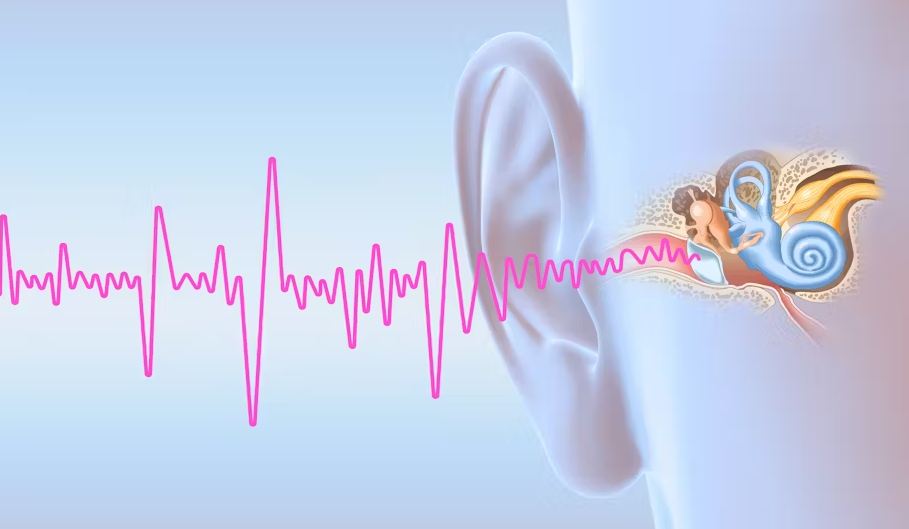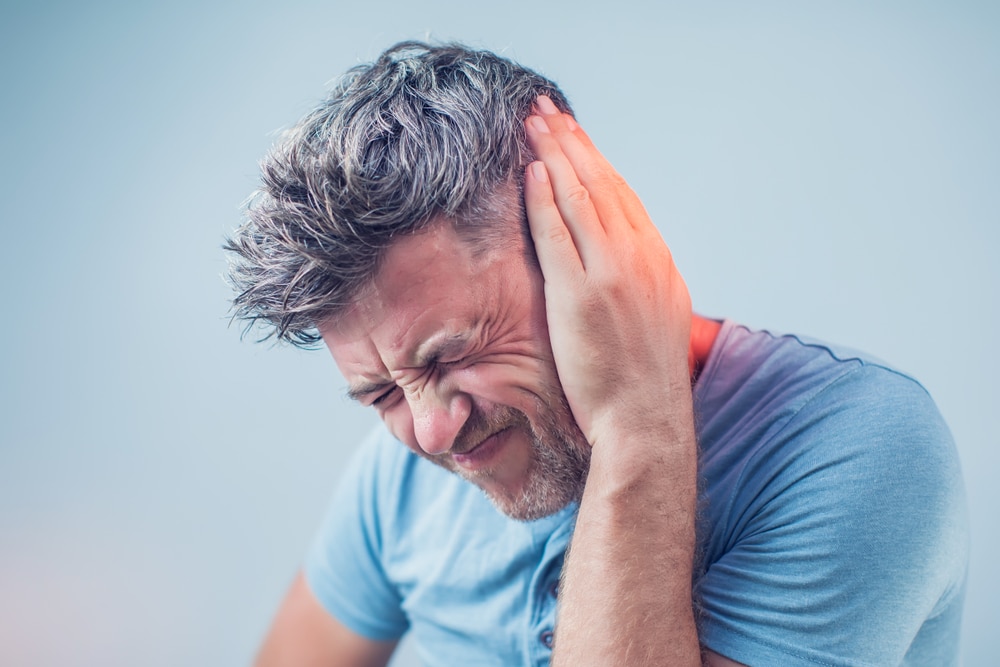Experiencing a persistent ringing, buzzing, or hissing sound in the ears is a common phenomenon known as tinnitus. While it may seem harmless, frequent occurrences can sometimes indicate underlying health issues.
Common Causes of Ringing in the Ears
1. Hearing Loss
Age-related or noise-induced hearing damage is one of the most prevalent triggers of tinnitus. As individuals age or are exposed to loud noises over time, the sensory cells in the inner ear can become damaged, leading to the perception of phantom sounds.

2. Ear Conditions
Various ear conditions can contribute to tinnitus. Earwax buildup, infections, or problems in the middle ear can create sensations of ringing. These conditions may obstruct normal hearing pathways, resulting in auditory disturbances.
3. Medications
Certain medications have been associated with tinnitus as a side effect. High doses of aspirin, some antibiotics, and pain relievers can lead to or exacerbate ringing in the ears. It’s essential to consult with a healthcare professional if you suspect your medication is affecting your hearing.
4. Circulatory Issues
High blood pressure or vascular conditions can sometimes affect ear function, leading to tinnitus. The blood flow changes associated with these conditions may influence the auditory system, causing the perception of sounds without external sources.
When Tinnitus Could Be a Warning Sign
While tinnitus is often benign, persistent or sudden onset can sometimes signal more serious health concerns. It’s crucial to pay attention to accompanying symptoms such as dizziness, hearing loss, or a feeling of fullness in the ear. If tinnitus persists or worsens, seeking medical advice is recommended to rule out underlying conditions.
Coping Strategies and Treatments
Lifestyle Modifications
Implementing certain lifestyle changes can help manage tinnitus symptoms. Reducing exposure to loud noises, using ear protection, and managing stress levels can alleviate the intensity of ringing in the ears.
Medical Interventions
In some cases, medical treatments may be necessary. Addressing underlying conditions such as ear infections or circulatory issues can reduce tinnitus symptoms. Medications or therapies tailored to individual needs may also be prescribed by healthcare providers.
Sound Therapy
Using background noise, such as white noise machines or soft music, can help mask the ringing sounds associated with tinnitus. This approach can make the phantom sounds less noticeable, especially in quiet environments.

Counseling and Support
For individuals whose tinnitus affects their quality of life, counseling or support groups can be beneficial. Cognitive behavioral therapy (CBT) and other counseling methods can assist in managing the emotional impact of tinnitus.
Conclusion
Tinnitus, characterized by ringing or buzzing in the ears, is a common condition that can result from various causes, including hearing loss, ear conditions, medications, and circulatory issues. While often not a sign of a serious health problem, persistent or sudden onset of tinnitus warrants medical attention. Implementing lifestyle changes, seeking appropriate medical interventions, and utilizing sound therapy can help manage symptoms and improve quality of life for those affected. Emerging research continues to explore innovative treatments, including neuromodulation and personalized sound therapy. Staying informed and proactive can empower individuals to manage tinnitus more effectively and maintain overall ear health.

















